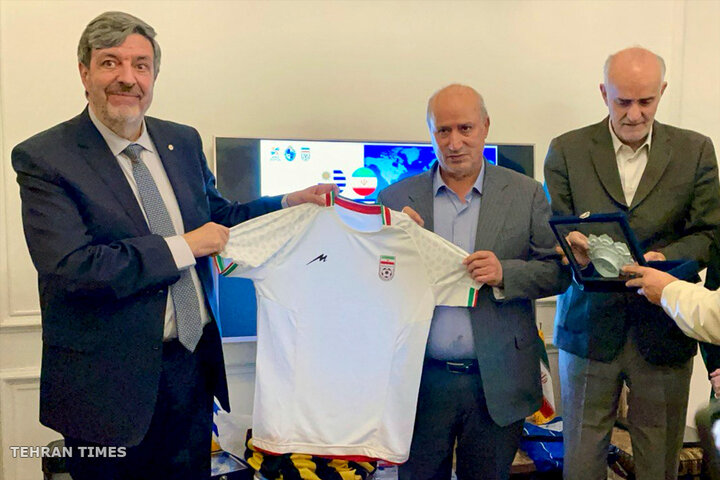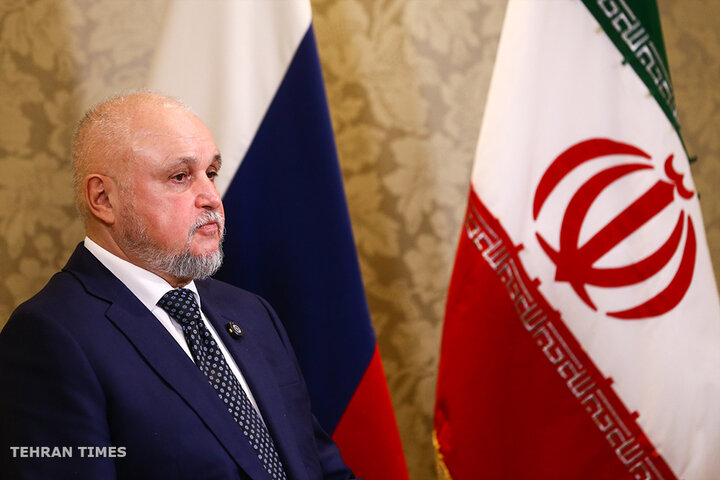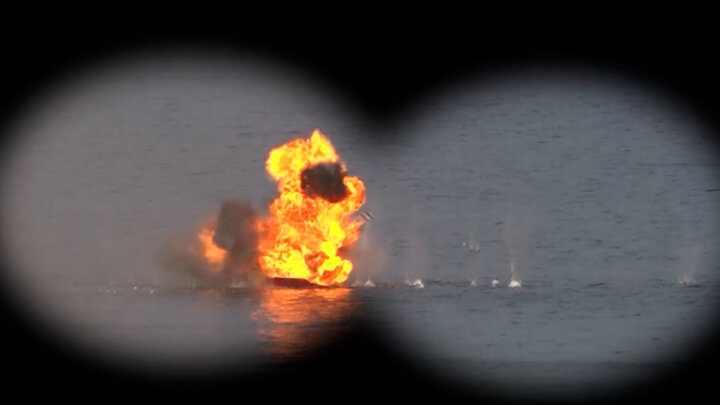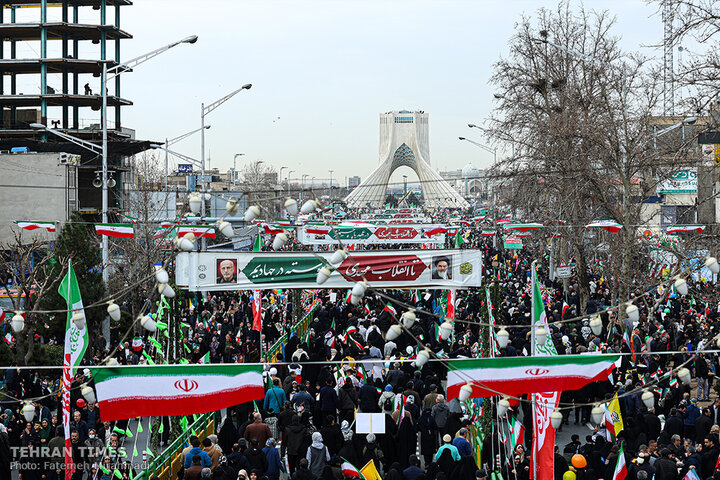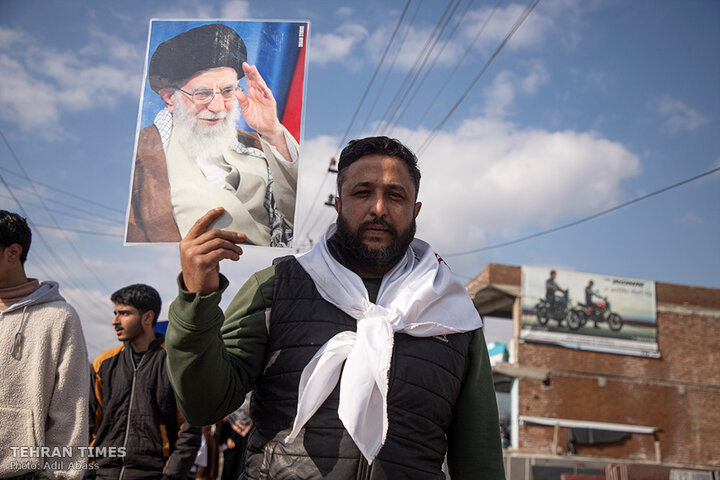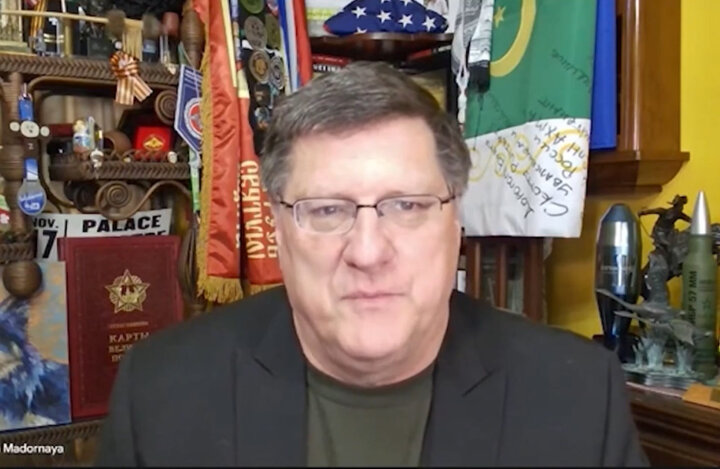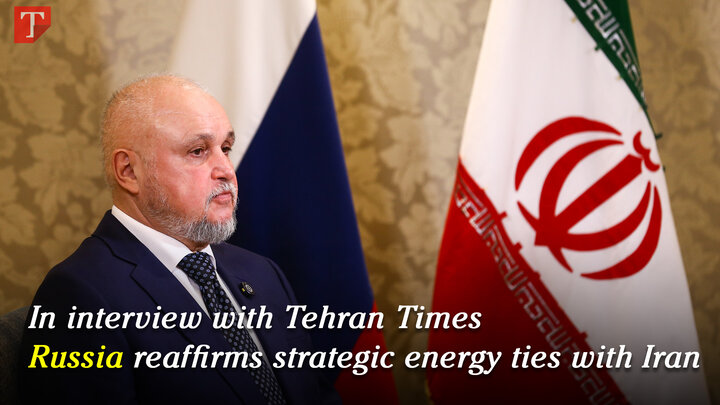-
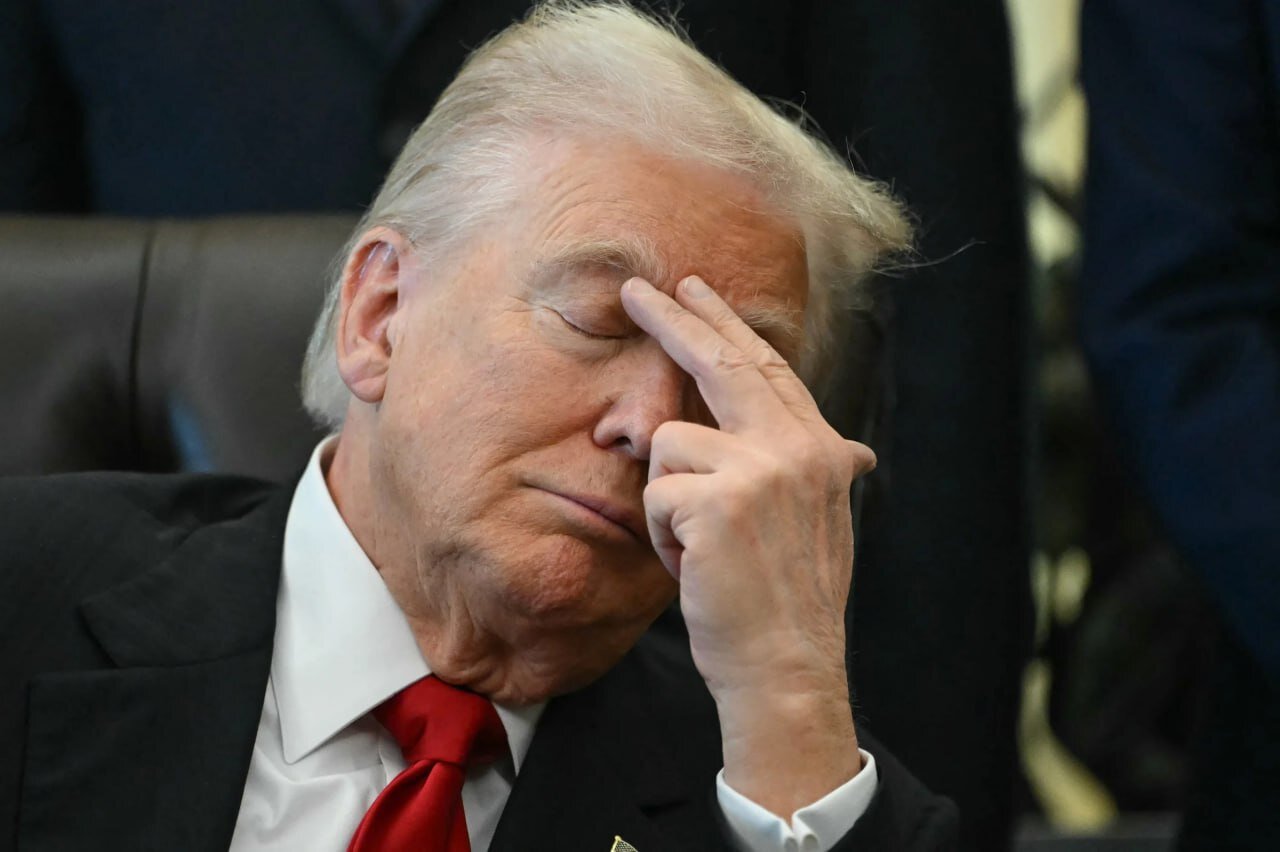 2026-02-22 21:54
2026-02-22 21:54
By Saleh Abidi Maleki
Eight presidents, one failed playbook
A history lesson for Trump on why Iranians have not 'capitulated'
TEHRAN – In a recent interview with American media, Iran's Foreign Minister Abbas Araghchi offered President Trump some straightforward advice. He noted that previous American administrations have tried everything against Iran—sanctions, assassinations, and pressure—and that none of it worked. If Trump wants a deal, Araghchi said, he needs to engage with Iran differently.
-
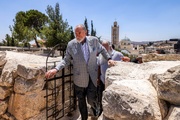
Words vs. action: The Arab-Islamic response to Huckabee's provocation
TEHRAN – Mike Huckabee, the U.S. ambassador to Israel, ignited a storm of criticism across the Middle East when he suggested it would be “fine” if Israel expanded to control the land between the Nile and the Euphrates. The swift and unified backlash from Arab and Islamic governments underscores not only regional anxieties but also growing suspicion of Washington’s support for Israel’s maximalist ambitions.
-
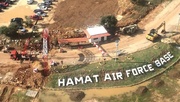
By Sondoss Al Asaad
Hamat Air Base: A critical test of Lebanese sovereignty
SOUTH LEBANON — The growing controversy surrounding Hamat Air Base has ignited urgent questions about sovereignty, transparency, and Lebanon’s potential entanglement in a broader regional war.
-
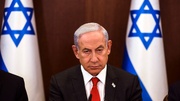
By Wesam Bahrani
Israeli leadership: The cycle of corruption that drives aggression
TEHRAN – Power under pressure often reveals its survival instincts. In the Israeli regime’s case, political crisis and regional violence have become increasingly intertwined.
-

Tehran warns a new US war against Iran would ‘disintegrate global order’
TEHRAN — Any American military confrontation with Iran would not remain confined to its borders but would trigger "an inevitable path toward the disintegration of the global order," Al Mayadeen reported on Saturday, citing an alleged Iranian source close to decision-making circles in Tehran.
-

By Maryam Tavassoli
Ramadan unites Muslims worldwide with unique traditions
TEHRAN – Ramadan is a month that unites Muslims from all over the world by observing religious rituals with unique traditions that may be different but have the same purposes.
Politics
-
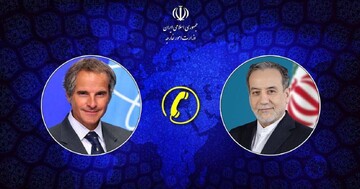
Araghchi reaffirms Iran’s inalienable nuclear rights in call with IAEA chief
TEHRAN – Foreign Minister Abbas Araghchi has once again asserted Iran’s unwavering commitment to its sovereign nuclear rights, making it clear that Tehran will not be intimidated by U.S. bullying.
-

Redefining the Persian Gulf: Iran and the shift toward multipolar security
MADRID – The security order of the Persian Gulf is undergoing a gradual but unmistakable transformation. For much of the post-Cold War period, regional stability rested on a relatively clear hierarchy. The United States provided overwhelming military predominance, Persian Gulf monarchies aligned within that framework, and Iran occupied a position defined largely through containment.
-

French government issued fake passports to leaders of Iranian terror cult
TEHRAN – The French government has issued fake passports for two top members of the Mujahideen-e-Khalq (MEK) terrorist organization so they can travel between countries more freely—a move that blatantly violates not only international law but also France's own domestic laws.
Sports
-

Iran’s Saveh Shemshaki satisfied with her performance at 2026 Winter Olympics
TEHRAN – Sadaf Saveh Shemshaki of Iran is pleased with her performance at the 2026 Winter Olympic Games.
-
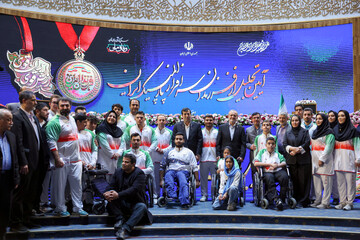
Iranian Paralympic athletes honored
TEHRAN - Masoud Pezeshkian, President of Iran, honored 489 Paralympic and Deaflympic athletes during a ceremony held on Saturday in Tehran’s Summit Hall.
-

Iran basketball team beat Qatar in friendly match
TEHRAN- Iran’s national basketball team defeated Qatar 71-58 in a friendly match during a training camp in Qatar.
Culture
-
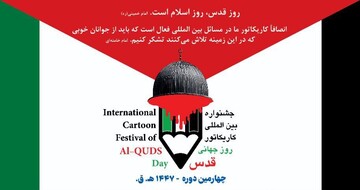
Artists invited to contribute to intl. cartoon festival highlighting World Quds Day
TEHRAN- The call for the fourth edition of the International Cartoon Festival of Al-Quds Day has been announced.
-
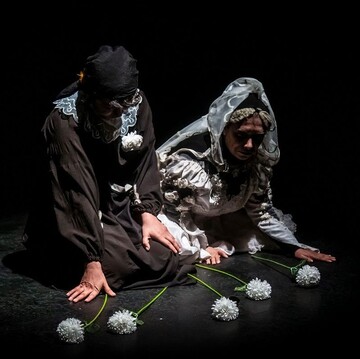
Garcia Lorca’s “The House of Bernarda Alba” on stage at Neauphle-le-Chateau Theater
TEHRAN – An adaptation of Federico Garcia Lorca’s 1936 play “The House of Bernarda Alba” is on stage at the Neauphle-le-Chateau Theater in Tehran.
-
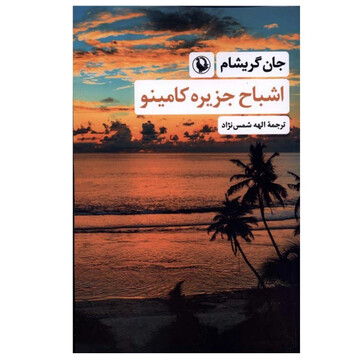
Persian translation of John Grisham’s “Camino Ghosts” hits bookstores
TEHRAN – The Persian translation of the novel “Camino Ghosts” written by John Grisham has been released in the Iranian bookstores.
Economy
-
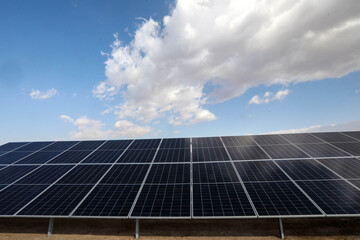
Solar capacity expands fivefold as renewables reach 4,162 MW
TEHRAN – Iran’s renewable power capacity has risen sharply, with solar installations expanding more than fivefold and total renewable capacity reaching 4,162 megawatts, a senior energy official said.
-
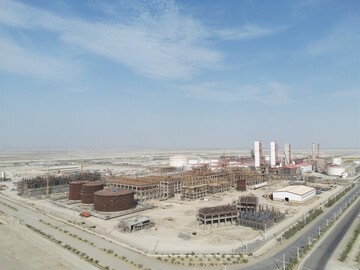
NDF allocates $1b to strategic Makran projects
TEHRAN – Iran’s National Development Fund (NDF) has allocated around $1.0 billion to strategic projects in the Makran region, as part of broader financing of infrastructure and production schemes in the southeastern province of Sistan-Baluchestan, a senior official said.
-

Tea exports rise 10.2% as global prices strengthen
TEHRAN – Iran’s tea exports increased 10.2 percent year-on-year, supported by higher global prices and steady demand in overseas markets, the head of the country’s tea syndicate said.
Society
-

Ramadan unites Muslims worldwide with unique traditions
TEHRAN – Ramadan is a month that unites Muslims from all over the world by observing religious rituals with unique traditions that may be different but have the same purposes.
-
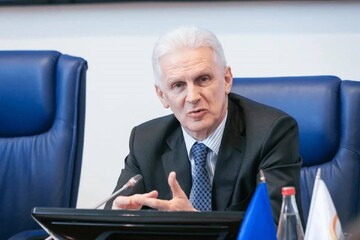
‘Moscow, Tehran to establish joint technological market’
TEHRAN – Lauding Iran’s achievements and progress in the technology sector, Russian Presidential Aide Andrei Fursenko has said that Russia and Iran intend to establish a joint market for technological products within a third country.
-
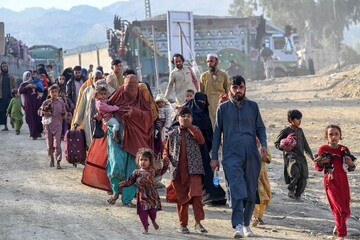
Nearly 450 Afghans return from Iran in one day
TEHRAN – Taliban authorities have said 449 Afghan refugees have been deported from Iran on Wednesday, February 18.
Tourism
-
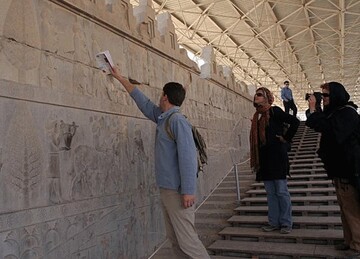
Iran tourism minister says tour guides shape country’s global image
TEHRAN – Iran’s Minister of Cultural Heritage, Tourism and Handicrafts, Seyyed Reza Salehi-Amiri, said on Saturday that tour guides play a central role in presenting the country’s culture and civilization to the world, marking International Tourist Guide Day on Feb. 21.
-

Iran is not like any other West Asian country, Turkish researcher says
TEHRAN -- Iran is not at all like any other country in the West Asia. People are very civil, calm, kind, and cultured. Even in the smallest villages, when they realize you are a foreigner, they treat you with complete respect.
-
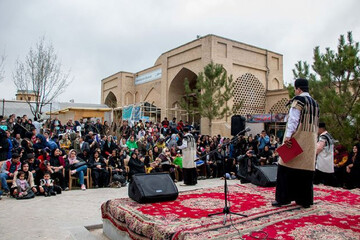
Nowruz a great opportunity to deepen Iranian-Islamic identity: minister
TEHRAN -- Nowruz 1405 (March 2026), which focuses on harmony and empathy and aims to rebuild social spirit, provides the ground for strengthening social capital and Iranian-Islamic identity. Nowruz is an opportunity to create solidarity and public joy.
International
-

Words vs. action: The Arab-Islamic response to Huckabee's provocation
TEHRAN – Mike Huckabee, the U.S. ambassador to Israel, ignited a storm of criticism across the Middle East when he suggested it would be “fine” if Israel expanded to control the land between the Nile and the Euphrates. The swift and unified backlash from Arab and Islamic governments underscores not only regional anxieties but also growing suspicion of Washington’s support for Israel’s maximalist ambitions.
-

Hamat Air Base: A critical test of Lebanese sovereignty
SOUTH LEBANON — The growing controversy surrounding Hamat Air Base has ignited urgent questions about sovereignty, transparency, and Lebanon’s potential entanglement in a broader regional war.
-

Israeli leadership: The cycle of corruption that drives aggression
TEHRAN – Power under pressure often reveals its survival instincts. In the Israeli regime’s case, political crisis and regional violence have become increasingly intertwined.
Most Viewed
-
Trump risking US lives and economy to fight a war for Israel
-
Iran’s warships become mobile air defense hubs with new missiles
-
The Western idea that change can be imposed from outside the Islamic Republic of Iran is an illusion
-
Behind Huckabee’s remarks: The U.S. role in advancing the ‘Greater Israel’ vision
-
Iran sends Dena destroyer to MILAN-2026 exercise in the Indian Ocean
-
Eight presidents, one failed playbook
-
Iran and Egypt to promote diplomatic ties to level of ambassador
-
Iranian fighter jet crashes, pilot killed
-
Iran FM asks for evidence as West repeats casualty lies to justify future aggression
-
Tehran warns a new US war against Iran would ‘disintegrate global order’
-
Here’s how Iran sees the US
-
MBS confronts UAE’s ‘spy sheikh’ in detailed letter on Sudan and Yemen
-
Sanctions forge new path: Iran, Russia pivot to strategic energy alliance
-
Iran FM talks over phone with Russia, Egyptian, Qatari counterparts
-
Trump’s “Board of Peace” sparks UN fears





